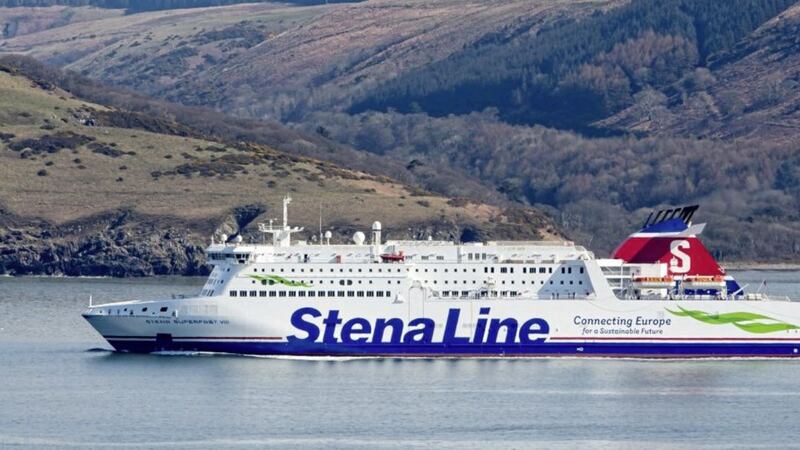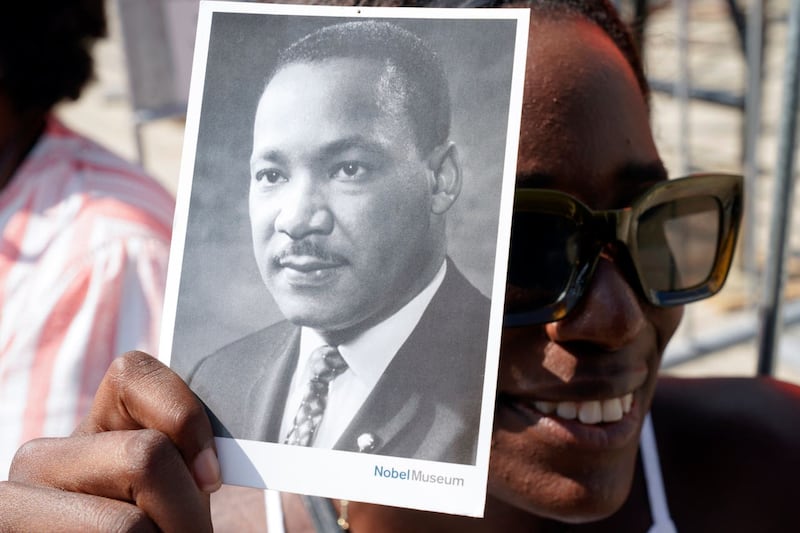BUSINESSES in Britain will be obliged to complete three rounds of customs forms for goods moving between there and the north regardless of whether there is a Brexit trade deal.
The electronic documents will have to be filled in by all suppliers from next year.
Under a new “Goods Vehicle Movement Service” (GVMS) system, hauliers or freight owners will be obliged to pre-lodge three types of electronic paperwork before travelling from British across the Irish Sea to ports in the north.
The first documents applying to suppliers sets out the customs code or codes for all the goods being transported to Northern Ireland.
The supplier will also have to complete a safety and security declaration.
Similar paperwork that is currently waived on all goods being sold within the EU single market.
A third document must remain with the vehicle at all times so the EU will know that the load leaving Britain is the one that arrives at its destination.
Although goods leaving Britain and travelling to the north remain in the UK market, they are viewed as exports and will require the necessary paperwork because of the arrangements made in the withdrawal agreement to avoid a border on the island of Ireland.
Details of the new arrangements were revealed by The Guardian, which says it has seen a HM Revenue & Customs (HMRC) document marked “sensitive".
It has also emerged that HMRC are working to ensure the new system can be pre-lodged and will generate a goods movement reference number to be presented to ferry operators.
While some vehicles will be allowed to travel to their destination others may be processed for tariffs if they intend to travel across the border on arrival at northern ports.
The arrangements for the north were put in place last October and the business community had been keen to see the detail.
While Boris Johnson had claimed there would be no checks it was confirmed last month that in fact checks would be carried out.
It is understood the new systems will be trialled in November with full implementation being rolled out in January.
Labour’s shadow Northern Ireland secretary Louise Haigh was critical of government delays in outlining the checks.
“Ministers wasted eight months insisting these checks would never be needed. With six months to go, businesses are still in the dark and the new system to manage these checks doesn’t yet exist,” she told The Guardian.
“This level of incompetence and failure to prepare would be irresponsible at any time but, right now, it is completely reckless. Jobs have already been lost and their cavalier approach risks costing many more.”
The proposed procedures will not apply on goods going from Northern Ireland to GB.
HMRC said the new processes would “impose the minimum possible burden”.
A government spokesman said: “Our approach, welcomed by businesses, ensures that Northern Ireland will benefit from unfettered access to the whole UK market and that there will be no tariffs for internal UK trade in any circumstances.”







